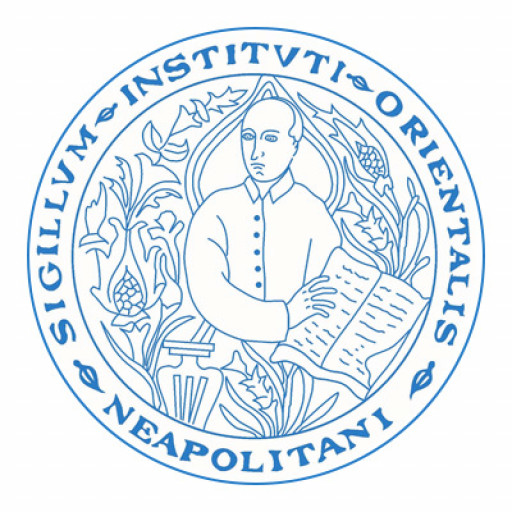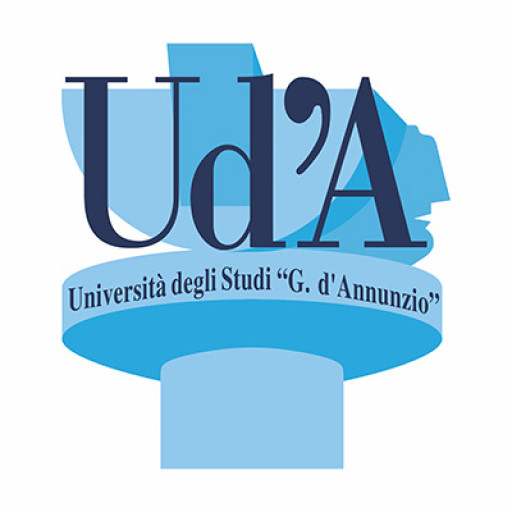Photos of university / #oxford_uni
The University of Oxford offers a comprehensive Archaeology program designed to provide students with a deep understanding of human history and cultural development through the study of material remains and historical contexts. This interdisciplinary course integrates methods from anthropology, history, and the natural sciences to explore the diverse ways in which past societies lived, worked, and interacted with their environments. Students enrolled in the program will have the opportunity to engage with a wide range of archaeological materials, from ancient artifacts and inscriptions to landscape analysis and scientific dating techniques. The curriculum combines theoretical approaches with practical skills, including excavation methods, artifact analysis, and digital technologies such as GIS and remote sensing. With a strong emphasis on fieldwork, students participate in excavations and surveys both locally and internationally, gaining firsthand experience of archaeological investigation. The program is housed within one of the world’s leading academic institutions, offering access to exceptional resources such as museums, libraries, and laboratories. Expert faculty members include renowned archaeologists who guide students through critical debates in the field and encourage original research. Graduates of this program are well-equipped for careers in academia, cultural heritage management, museum curation, and archaeological consulting. The program promotes a collaborative learning environment, fostering analytical skills, cultural awareness, and a passion for discovering and preserving human history. Whether for those interested in ancient civilizations, environmental archaeology, or archaeological science, this degree provides a solid foundation for understanding the complexities of our ancestors' lives while developing skills essential for modern archaeological practice.
The DPhil is examined only by thesis and there is no formal course of instruction. Instead, students develop their own topic under the guidance of their supervisors, who are experts in their field of research. Projects which cross disciplinary boundaries, for example in archaeological science or cultural heritage, are welcome.
While the degree of contact varies depending on individual circumstances, students generally develop a close relationship with their supervisors. You are also encouraged to attend lectures and participate in research seminars, particularly the numerous and wide-ranging weekly seminar series organised within the cutting-edge research groups; these also often provide opportunities for you to present your own work. You are strongly encouraged to undertake fieldwork, which, if appropriate, can often be in relation to one of the department's projects.
The DPhil is a full-time degree and you are expected to complete your thesis, which has a maximum word length of 80,000 words, within three or at the most four years. To begin with, you are admitted as Probationer Research Students, transferring to full doctoral status within four terms of your arrival. Your progress is formally assessed through the submission of written work and an interview by a small assessment panel ('transfer of status'), while a further similar assessment ('confirmation of status') is held within seven terms of your arrival.
At each stage you will also make a short formal presentation of your research at one of the doctoral student symposia organised by the School of Archaeology, which will help you to develop your presentational skills at an early stage of your career.
Successful doctoral theses must, among other things, display evidence of substantial and original research, lucid and scholarly presentation and a sound knowledge of the general field within which the thesis falls.
Applicants are normally expected to be predicted or have achieved a first-class or strong upper second-class undergraduate degree with honours (or equivalent international qualifications), as a minimum, in any relevant subject.
For applicants with a degree from the USA, the minimum GPA sought is 3.5 out of 4.0.
However, entrance is very competitive and most successful applicants have a GPA of 3.7 or above, a first-class degree or the equivalent.
Entry to the DPhil normally requires a previous master's qualification in archaeology.
If you hold non-UK qualifications and wish to check how your qualifications match these requirements, you can contact the National Recognition Information Centre for the United Kingdom (UK NARIC).
No Graduate Record Examination (GRE) or GMAT scores are sought.
- Official transcript(s)
- CV/résumé
- Research proposal: Up to two pages
- Written work: Two essays of 2,500 words each
- References/letters of recommendation: Three overall, all of which must be academic
ENGLISH LANGUAGE REQUIREMENTS
Higher level
|
est |
Standard level scores |
Higher level scores |
||
|
IELTS Academic |
7.0 | Minimum 6.5 per component | 7.5 | Minimum 7.0 per component |
|
TOEFL iBT |
100 |
Minimum component scores:
|
110 |
Minimum component scores:
|
| Cambridge Certificate of Proficiency in English (CPE) | 185 |
Minimum 176 per component |
191 |
Minimum 185 per component |
| Cambridge Certificate of Advanced English (CAE) | 185 |
Minimum 176 per component |
191 |
Minimum 185 per component |
The University of Oxford offers a range of financing options to support students pursuing degrees in Archaeology. Funding opportunities include a variety of scholarships, bursaries, and grants designed to assist both domestic and international students in covering tuition fees, living expenses, and study-related costs. For UK students, the university provides access to government-funded support such as student loans, which can cover tuition fees and contribute to living costs. Additionally, Oxford offers numerous merit-based scholarships, such as the Rhodes Scholarships, Clarendon Fund, and other college-specific awards, some of which are awarded based on academic excellence, leadership potential, or financial need. International students are encouraged to explore the availability of external funding, including scholarships from their home countries or international organizations, as well as specific scholarships offered directly by the University of Oxford.
The university also provides information about partial funding opportunities, including awards that can supplement personal savings and external funding sources. Many colleges within Oxford have their own scholarship programs to support students enrolled in Archaeology, often aimed at supporting those from underrepresented backgrounds or demonstrating exceptional promise. Applicants are advised to review specific college entrance requirements and scholarship schemes early in the application process, as many awards require separate applications or essays.
In addition to scholarships, students can access work opportunities during their studies, including research assistant positions, tutoring, or other on-campus employment, which can help offset living expenses. The university's financial aid office offers comprehensive advice, individual assessment, and guidance tailored to each student's situation, ensuring that prospective students understand all available options to finance their education. Overall, studying Archaeology at Oxford can be financially accessible through a combination of university-funded scholarships, external grants, student loans, and part-time employment. Prospective students are encouraged to visit the university’s official financial aid webpage and contact relevant departments early to ensure they meet all application deadlines and requirements for funding opportunities.
Archaeology at the University of Oxford offers a comprehensive and rigorous academic program designed to provide students with a deep understanding of human history and prehistory through the study of material remains. The program combines theoretical studies with practical fieldwork and laboratory analysis, fostering a multifaceted approach to the discipline. Students will explore various periods of history, from ancient times to the medieval period, gaining insights into different cultures, societies, and technological developments. The curriculum includes modules on archaeological theory and method, regional studies, artifact analysis, and specialist topics like environmental archaeology, bioarchaeology, and digital archaeology. In addition, students are encouraged to develop critical thinking skills and research capabilities through independent projects and research theses.
The program is delivered by expert faculty members who are active researchers in the field, ensuring that students are engaged with the latest developments and techniques in archaeology. Practical training facilities, such as laboratories, excavation sites, and digital resources, support hands-on learning and vocational skills development. Students also benefit from the university's extensive archaeological collections and partnerships with institutions worldwide, providing opportunities for collaboration and internships. The program aims to prepare graduates for careers in archaeology, heritage management, museum curation, academic research, or related fields, with some students progressing to advanced research degrees. Throughout their studies, students will develop skills in critical analysis, scientific methodology, and clear communication, equipping them for diverse professional environments. The course's emphasis on interdisciplinary approaches ensures that students are well-prepared to contribute to the understanding and preservation of cultural heritage on a global scale.





